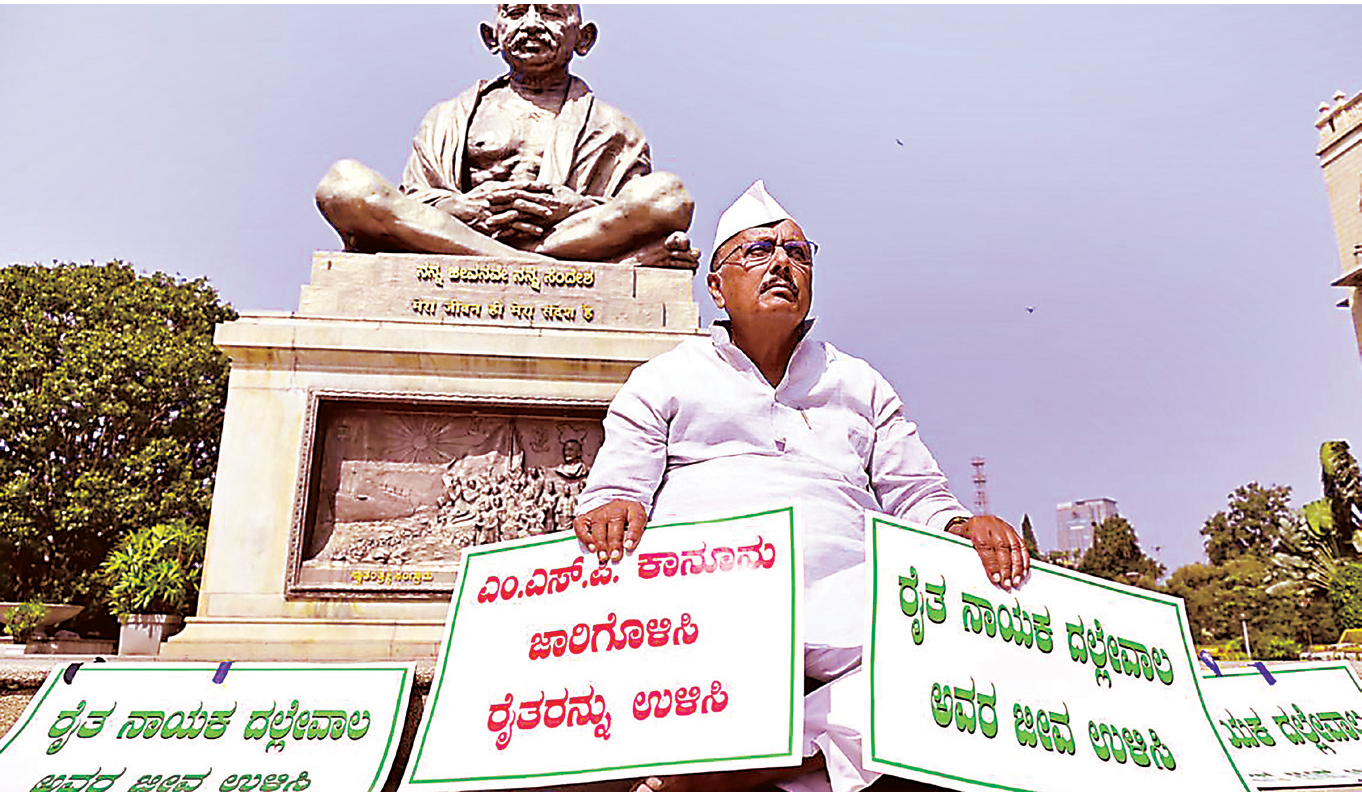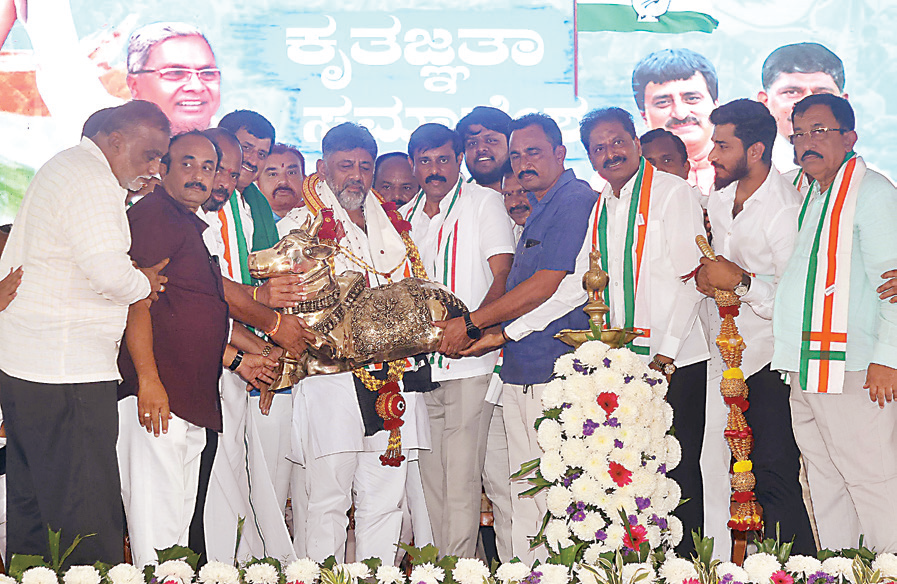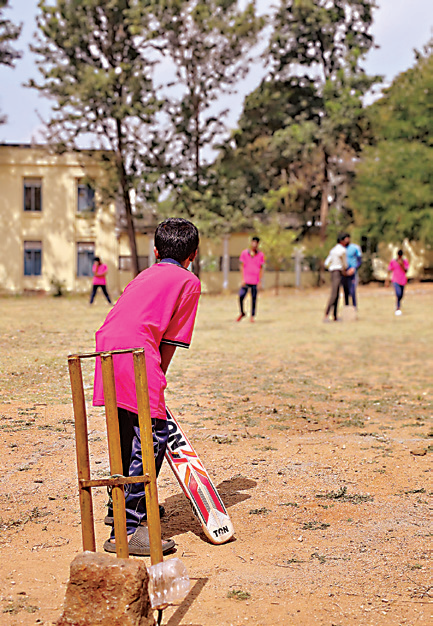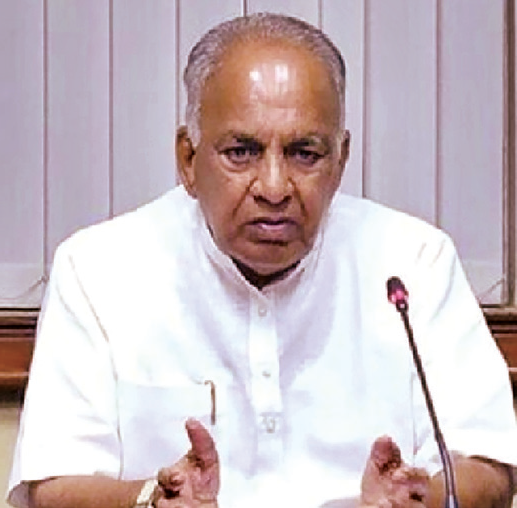
Tale of two murders: Only one was communalised
NT Correspondent
Bengaluru: The murder of a college girl inside her campus in Hubballi last week has taken an ugly political turn as the Opposition BJP has given it a communal colour.
Neha, the daughter of Congress corporator Niranjan Hiremath, was stabbed to death by one Fayaz Khondunaik, allegedly a former partner of the girl, who supposedly killed her because she had tried to distance herself from him.
Just four days prior to Neha’s murder, Karnataka police had arrested one Pradeep, a resident of Bengaluru, for killing his partner Rukhsana (21).
However, no one regarded the killing as communal as the murder was accepted as a crime of passion.
BJP’s student wing Akhil Bharatiya Vidyarthi Parishad (ABVP) declared the Neha murder a case of “love jihad” and staged protests even after the accused was arrested.
“Love jihad” is a phrase coined by the Hindutvawadis, who allege that it is a phenomenon wherein Muslim men prey on Hindu women with malicious intent. However, others dismiss it as fiction and point out that the Hindutvawadis regard consensual relationships between Muslim men and Hindu women as “love jihad”.
The likes of former Chief Minister Basavaraj Bommai and saffron party state president BY Vijayendra have suggested there was a communal motive behind the killing.
Bommai alleged Home Minister G Parameshwara dismissing “love jihad” in the case was a result of “vote bank politics”, a ham-handed reference to the Congress’ Muslim support base.
The saffron party has been trying to draw political capital out of the incident as south Karnataka goes to polls on Friday and the rest of the state on May 26.
The murder even elicited protests from some anxious Muslims in Belagavi and Dharwad districts, including those in Fayaz’s home village of Munavalli.
One Anjuman leader Altaf even asked the Hubballi-Dharwad police commissioner to “encounter” the accused. An encounter is a euphemism for extra-judicial killing of accused persons.
Duplicity most foul What is hiding in plain sight is the double standard applied in narrative building. In the other case, Rukhsana’s body was found near Tumakuru on March 31.
Pradeep, a married man, had gotten into a relationship with Rukhsana after the two met in Mysuru.
They even had a baby together. However, Pradeep refused to marry her. Rukhsana had been insisting repeatedly that he marry her. Apparently, Pradeep had taken Rukhsana and their baby to his native village in Kadur taluk of Chikkamagaluru district.
On their return journey to Bengaluru, Pradeep killed Rukhsana, burned her body and left it near Tumakuru. He also abandoned the baby on a pushcart in Bengaluru.
The vendor to whom the pushcart belonged had handed the baby over to cops. What is noteworthy is that Fayaz killed Neha because of his inability to accept their break-up and Pradeep’s murder of Rukhsana was rooted in the perpetrator’s refusal to accept her.
Unfortunately, the social ill of intimate partner violence against women is being used in the first case to further communalism, another societal malady.
 English daily published in Bengaluru & Doha
English daily published in Bengaluru & Doha






